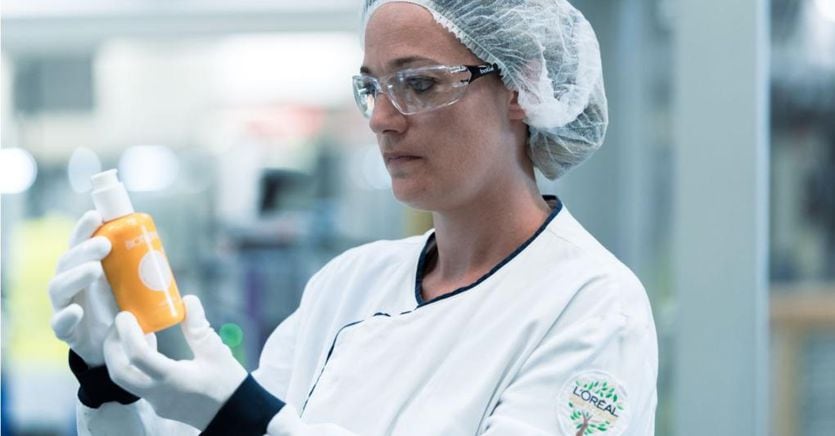The Consortium which includes Carbios, L’Oréal, Nestlé Waters, PepsiCo and Suntory
Beverage & Food Europe made the first food bottles made with plastic obtained from enzymatic recycling. Thanks to the enzymatic technology of Carbios, in fact, the companies of the Consortium have produced containers for some of their brands including Biotherm, Perrier, Pepsi Max and Orangina.
Today’s announcement is the result of almost 10 years of research and development by Carbios to create a new process and ionically enhance an enzyme naturally present in compost heaps and which normally degrades the leaf membranes of dead plants. By adapting this enzyme, the company has developed the technology by optimizing it so that it can break down any type of PET (regardless of color and complexity) into chemical blocks that can be transformed back into practically new plastic with a quality equal to that of virgin.
Loading…
This patented process can be applied to a wide range of PET and transformed into food-grade rPET, equivalent to virgin plastic. According to an article in the journal Nature it is also extremely fast in that degrades 97% of plastic in just 16 hours, making it 10,000 times more efficient than any trial for the biological recycling of existing plastics.
In September Carbios will start work to build a demonstration plant, with the aim of inaugurating an industrial plant with a capacity of 40,000 tons by 2025.
“For the first time in the world we have applied an enzymatic process to produce transparent bottles for food with properties equivalent to virgin PET starting from colored and complex plastic – he explains Jean Claude Lumaret, CEO of Carbios -. In collaboration with the Consortium and together with the main international brands we have demonstrated the feasibility of this technology. This is a transformative innovation that could definitively close the circle of PET supply globally, avoiding the generation of waste ».
